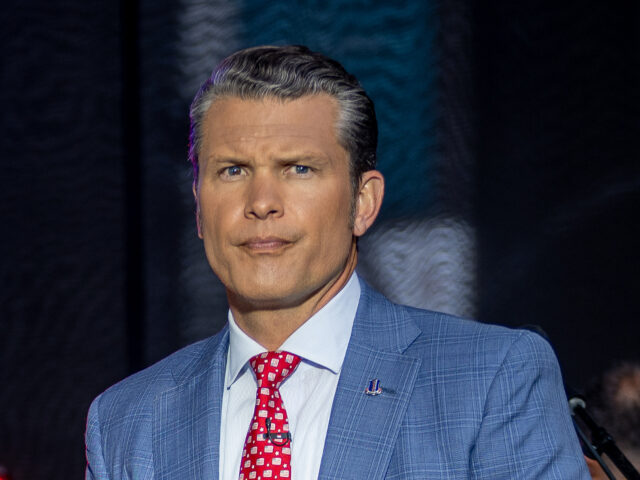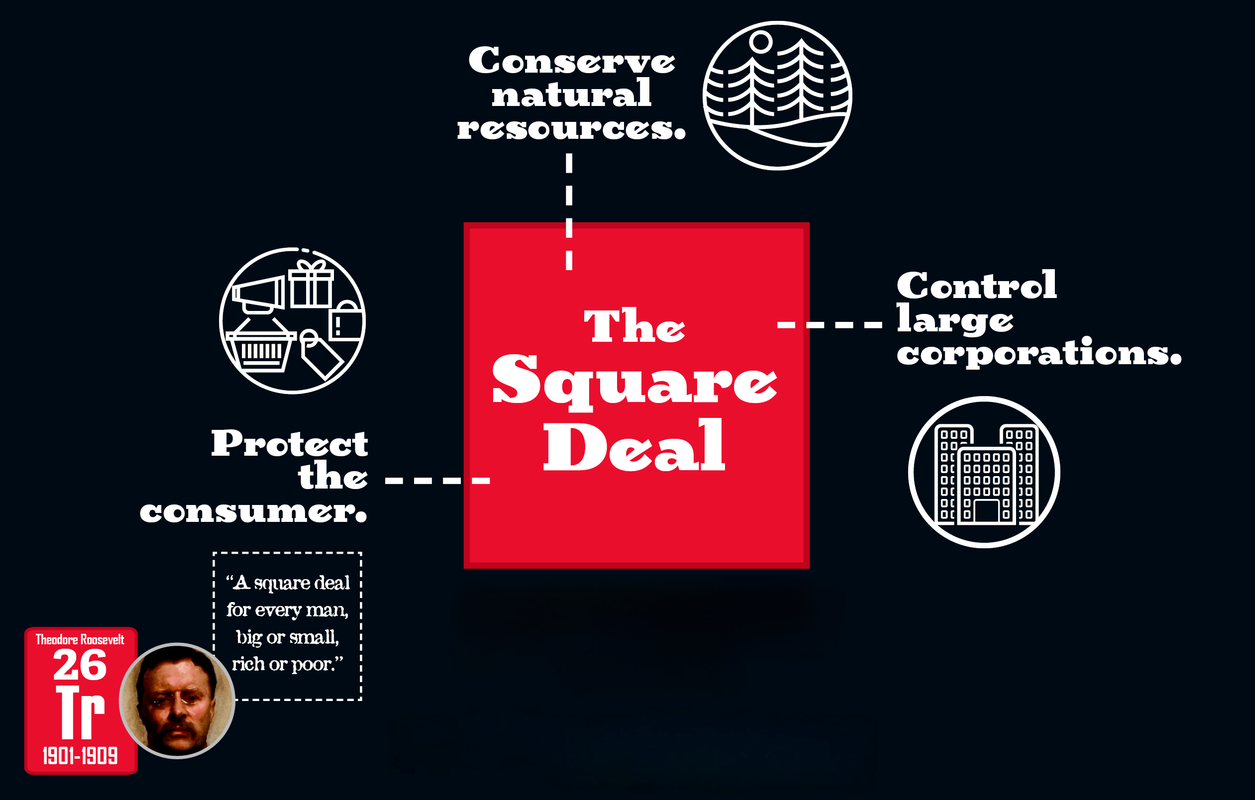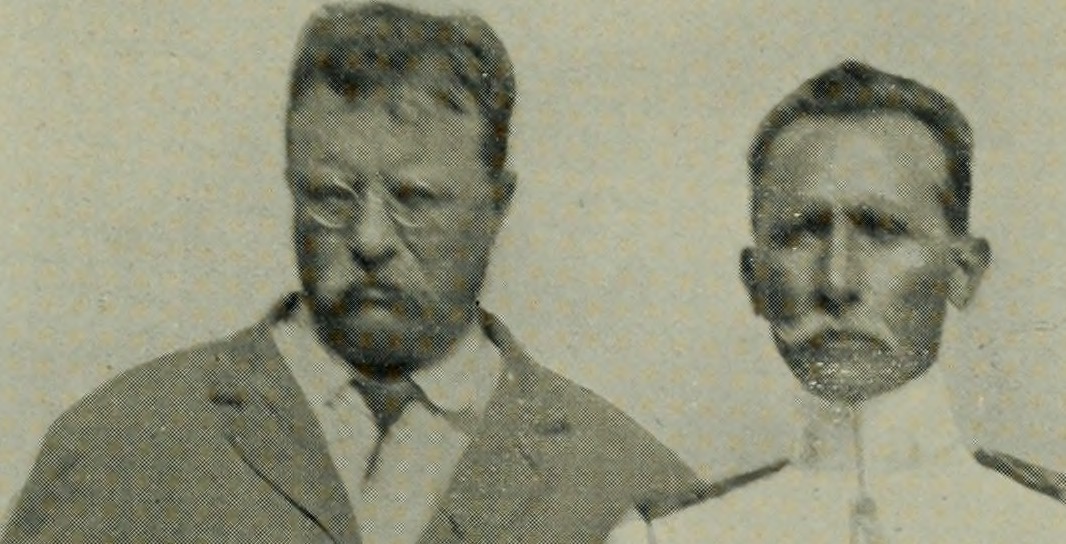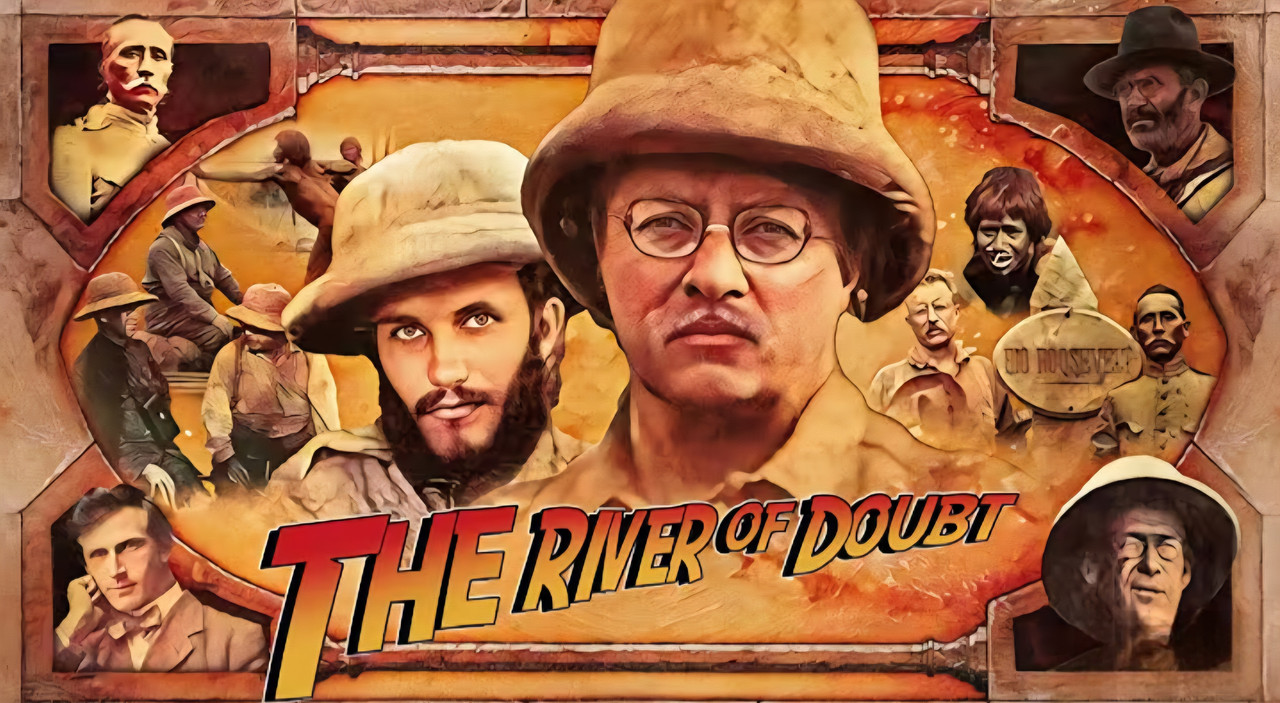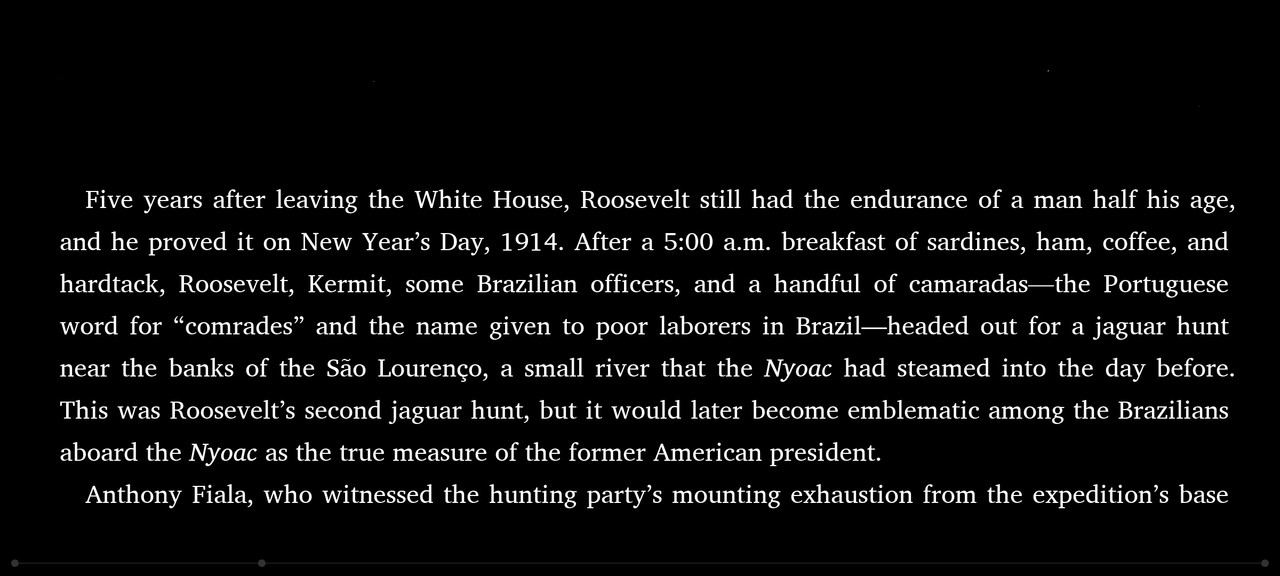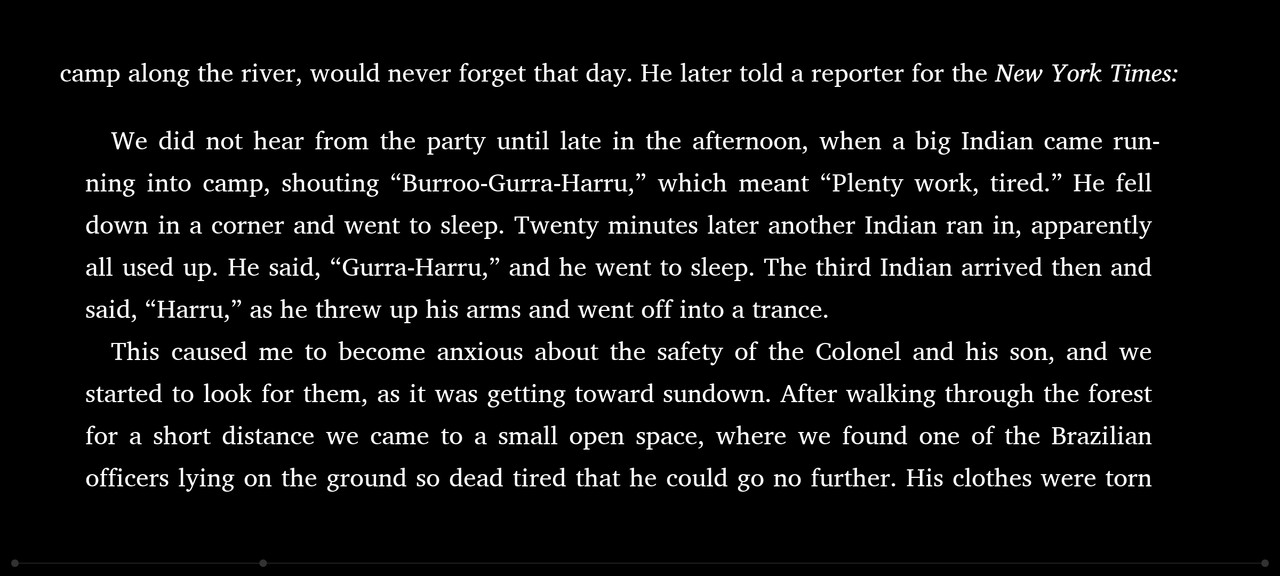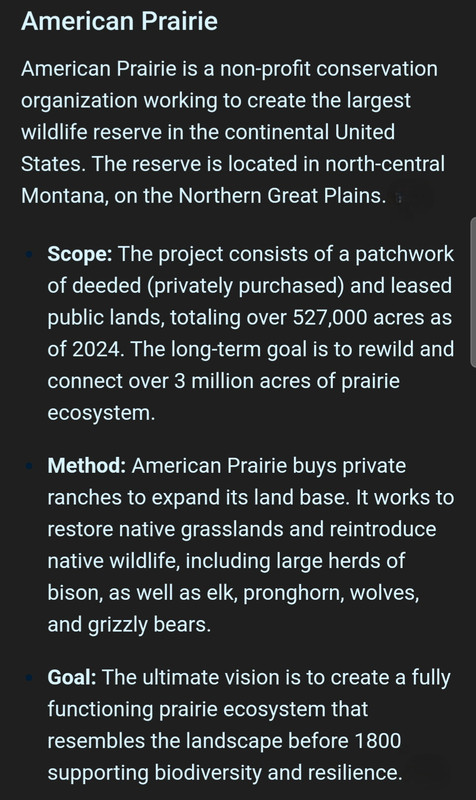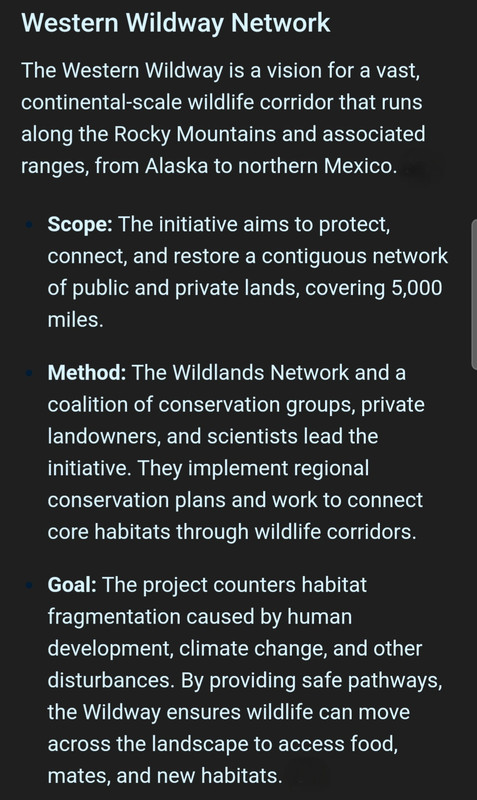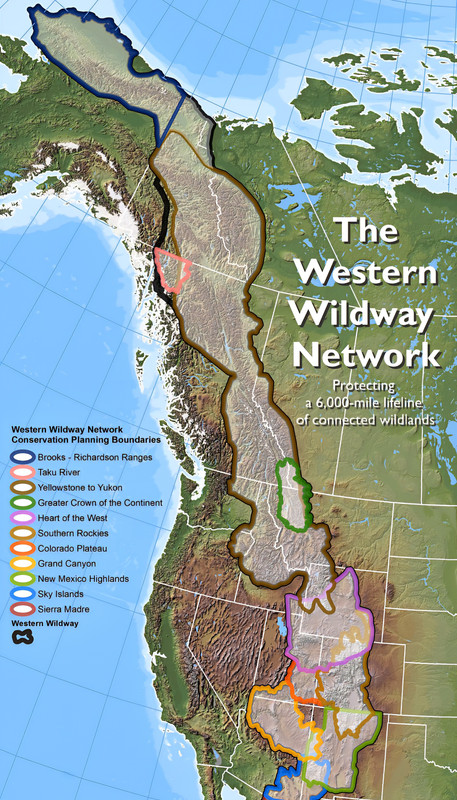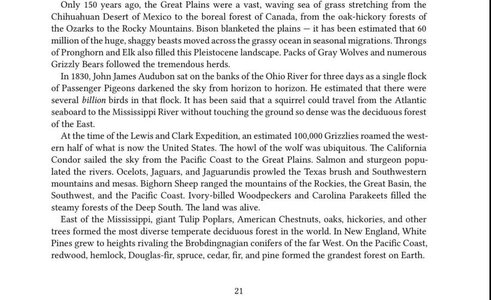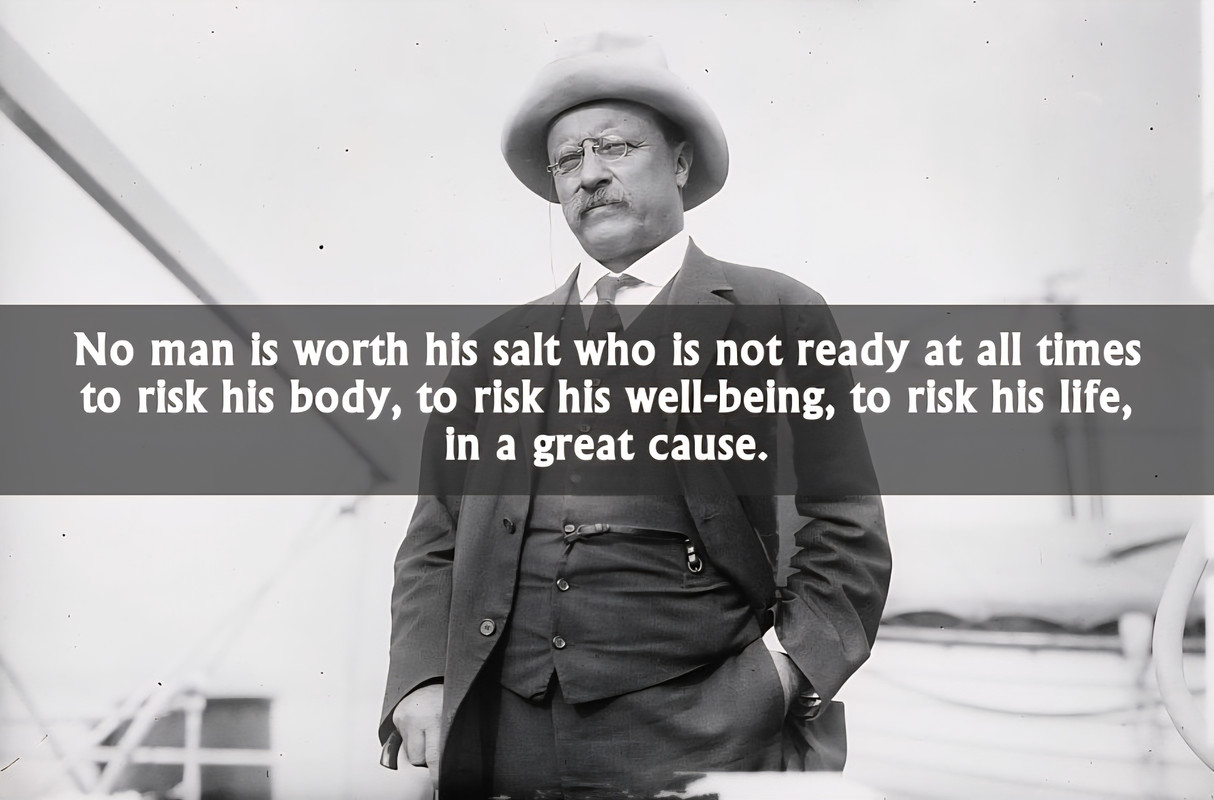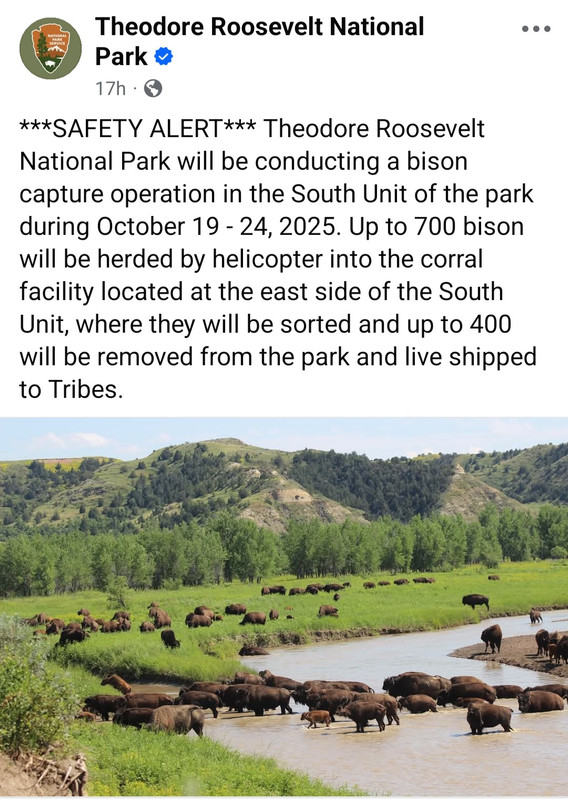- Joined
- Dec 1, 2020
- Messages
- 9,762
- Reaction score
- 41,381
Enriching my kids' lives will always be my #1 priority.
Even now that my oldest (25) makes more money than I do after only graduating college three years ago, and my youngest (16) signals heavily that he wants and has the mechanical aptitude to work in the skilled trades... I will always support these boys 100% in whatever they may endeavor to explore.
This country needs fathers, more so now than ever; and I'm raising my sons to fulfill that need and helping them become well-rounded, successful indivduals so that this nation as we know it shall not perish from this earth.

If history isn't going to remember you, make sure your children do (fondly). The inevitable generational fade is a bitch, but at least you've carried out your biological and evolutionary purpose. The shame is when absent deadbeats stop at the effortless act of procreation and don't fill the fully committed role of provider, which extends well beyond mere financial or material needs. The civilizational drag that places on society is deep, which speaks directly to your point.
Of my kids, oldest son is a pure techie who will be going to ASU's Engineering School (aye, excellent), middle daughter is the athlete (starter on the Varsity volleyball team as a freshman this year), youngest son is the innate nature and wildlife aficionado (fittingly, my Jr.). When I'm 40, he'll be rounding 10 -- when memories really begin to crystallize -- and I can hardly contain my excitement. The mere ideas I have in mind are euphoric. And ofc, he's already well aware of why we have America The Beautiful, why our country's greatest natural wonders and wilderness aren't privately owned and inaccessible, why they aren't commercially controlled and plundered.

